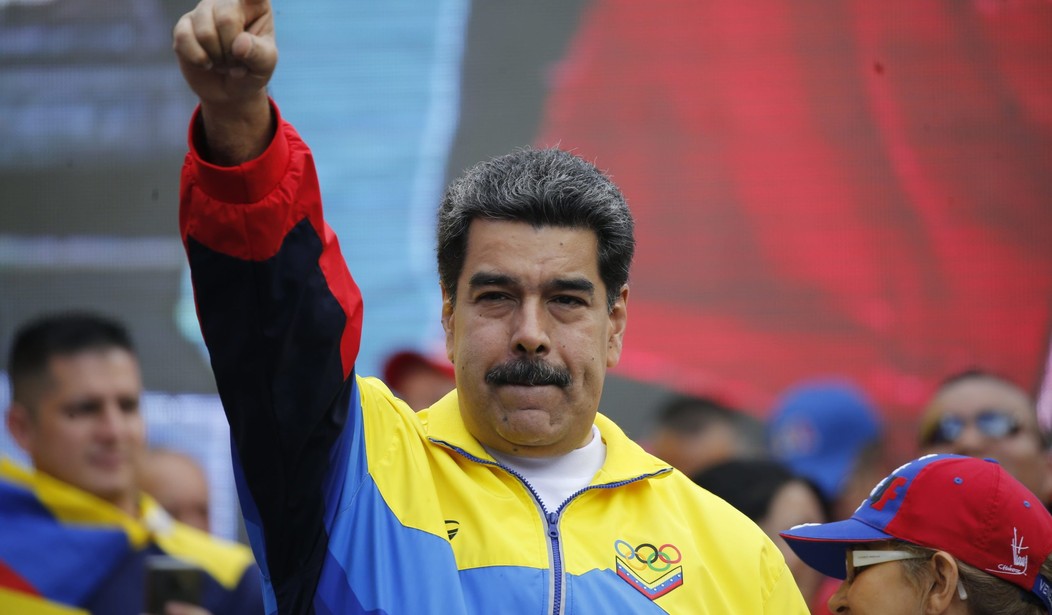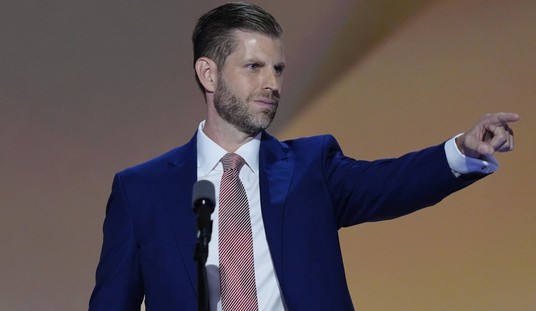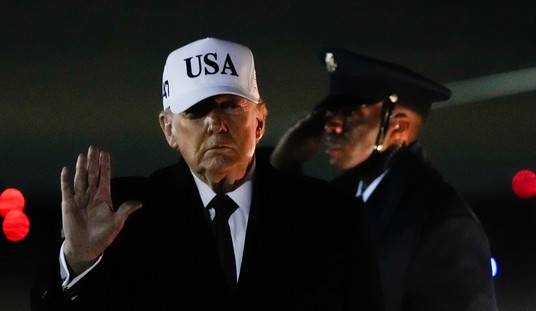Venezuela’s President Nicolás Maduro pulled off a stunt worthy of Hitler’s dealings with the Reichstag when he engineered a legislative coup that effectively ended the independence of the legislature. Given Maduro’s takeover of every other government institution, the death of the legislature made him a de facto dictator.
The now-former speaker, Juan Guaidó, challenged Maduro’s election victory in May of 2018, claiming fraud and vote-buying. The U.S. and 60 other countries recognized him as the lawful president. But ever since then, Maduro has been whittling away at the independence of national institutions by installing his cronies in office or outright bribery.
Today, he finished the job.
“Today, they dismantled the rule of law, assassinating the republic, with the complicity of a group of traitor lawmakers,” Guaidó told reporters outside the parliamentary building.
How Maduro accomplished the takeover was positively Hitlerian.
The replacement of Guaidó amounted to a bait and switch. On Sunday, he began the day anticipating his reelection as head of the National Assembly, viewed internationally as the last democratic institution in the authoritarian South American state. Guaidó’s claim as the nation’s true president — recognized by nearly 60 countries, including the United States — has been based on his status as the assembly’s chief.
But security forces loyal to Maduro formed a cordon around the assembly building in central Caracas, blocking opposition lawmakers — who control the chamber — from entering. Lawmakers who back Maduro — including several allegedly involved in a government plot to buy votes — were allowed to pass. At one point, Guaidó sought to scale the spiked wrought-iron fence surrounding the assembly, trying to force his way in and shredding the jacket of his business suit.
The man he installed in Guaido’s place was simply bribed by Maduro.
At the same time, Luis Parra — a former opposition politician who was one of several lawmakers accused last month of accepting government bribes — announced his surprise candidacy against Guaidó on Twitter on Sunday morning. Hours later, his swearing-in was suddenly shown on state television.
Parra is thought to have had the support of at least 40 lawmakers from Maduro’s party and an unknown number of others who the opposition claims have been bribed. But there was no evidence that an actual vote had taken place. The opposition insisted that even if one had happened, any vote would be illegal because there was no quorum of lawmakers in the chamber.
And it was done. Clean, neat, tidy, and tragic.
What’s to be done. Guaido himself appears to be unsure.
The government’s action appeared designed to complicate Guaidó’s international recognition and provide some nations that might be considering pulling their support for him additional legal cover to do so. But the move also creates new and major logistical and technical hurdles for an already beleaguered opposition, not least of which being how and where to continue meeting and passing legislation should opposition lawmakers manage to keep holding regular sessions elsewhere in the capital.
Peaceful opposition has gone about as far as it could go. The only way Maduro is going to be replaced is if he’s marched out of the presidential palace at the point of a bayonet — or carried out in a box.
As much as many American lawmakers and policymakers would like to send in the U.S. Army, it would be self-defeating. “Yankee imperialism” would force most South and Central American countries who are currently recognizing Guaido to withdraw their support, leaving the Venezuelan people to fend for themselves. At least with a strong international coalition, Guaido maintains some legitimacy.
Besides, no vital interests of the U.S. are at stake in Venezuela. Eventually, the economy will collapse and Maduro will be assassinated or deposed. The long-suffering people of Venezuela may yet rise up and take back their republic and the long, slow process of recovery will start.










Join the conversation as a VIP Member